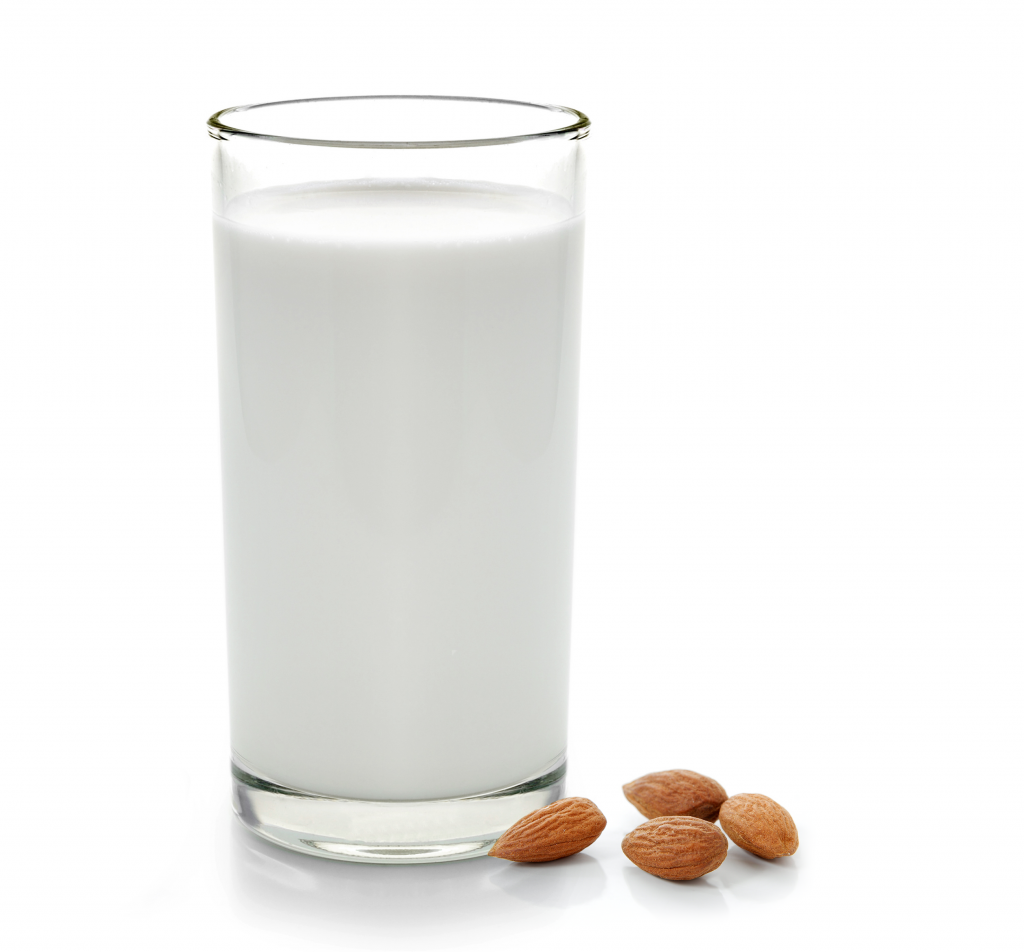If its reaction to September’s spinach E.coli outbreak is any indication, the organic food industry isn’t looking to change. In a unified act of finger pointing, organic advocates nationwide blamed the competition — agribusiness and so-called “industrial” farms — for what would appear to be “their” fault. Critics have pointed out that the truth looks to be more complicated than that, as California health officials have pegged a local stream and even a wild boar as potential infectious agents. But there’s one thing everyone seems to agree upon, which is the one thing everyone typically agrees upon after something like this: We need more government regulations.
As Hoover Institute fellow Dr. Henry Miller points out, though, there’s no way we can ever regulate our way to a foolproof system:
[T]here is a limit to how safe we can make agriculture, given that it is an outdoor activity and subject to all manner of unpredictable challenges. If the goal is to make a field 100 percent safe from contamination, the only solution that guarantees this is to pave it over and build a parking lot on it.
One solution — especially for small family farms — may be to embrace genetically modified foods. This is ironic since organic producers define themselves in direct opposition to agricultural biotech innovations. As Dr. Miller goes on to say:
There is technology available today that can inhibit microorganisms’ ability to grow within plant cells and block the synthesis of the bacterial toxins. This same technology can be employed to produce antibodies that can be administered to infected patients to neutralize the toxins, and can even be used to produce therapeutic proteins that are safe and effective treatments for diarrhea, the primary symptom of food poisoning.
But don’t expect your favorite organic producer to embrace this triple-threat technology, even if it would keep his customers from getting sick. Why? The technology in question is biotechnology, or gene-splicing — an advance the organic lobby has vilified and rejected at every turn.
For organic marketers, the irony is more bitter than fresh-picked radicchio. The technology that affords them the best method of safeguarding their customers is the one they’ve fought hardest to forestall and confound.




